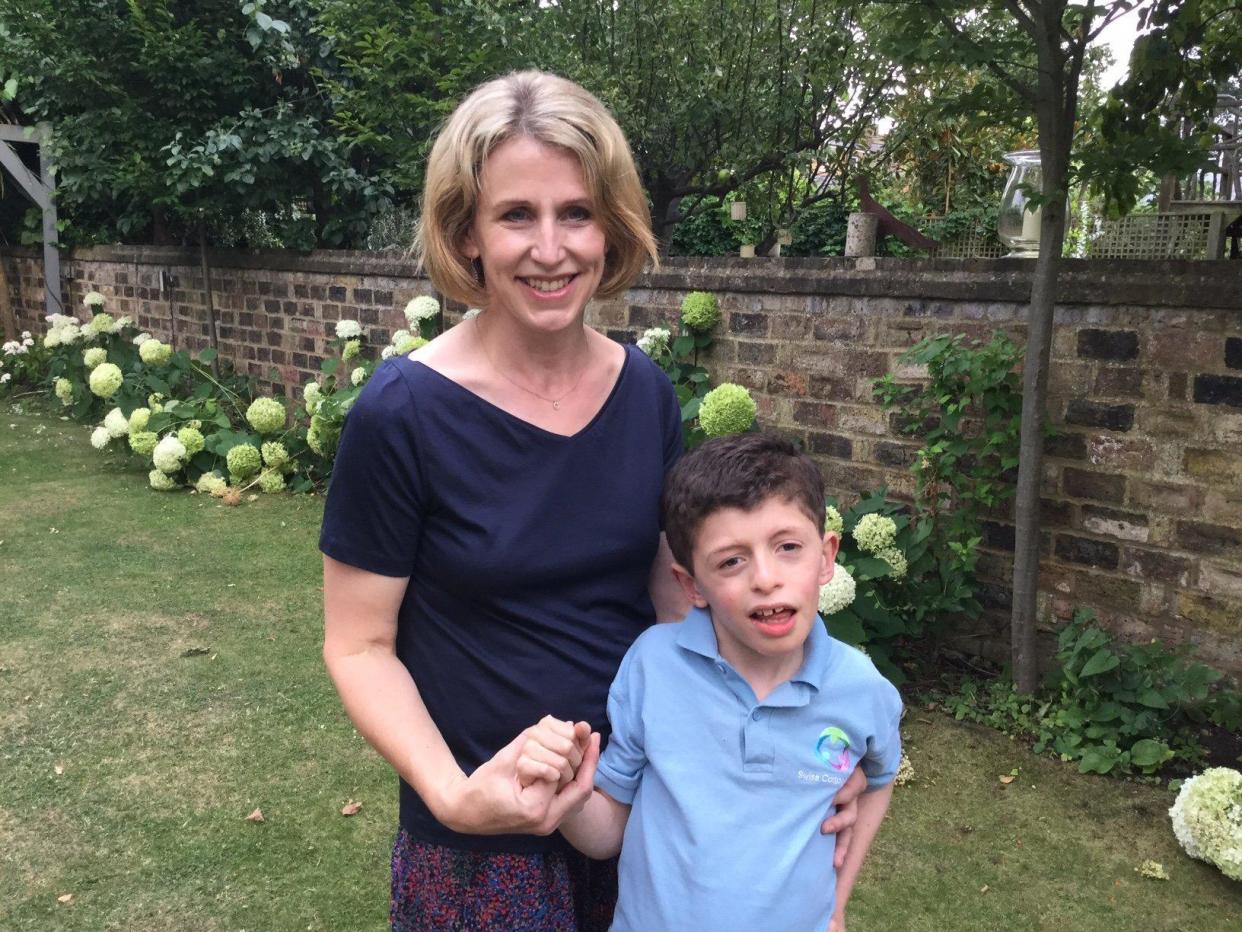‘Severe pressure’ on schools as number of pupils with most complex needs rises by fifth

London schools are coming under “severe pressure” trying to deal with increasing numbers of children with special educational needs , a damning report warns today.
The number of children with the most complex needs is growing, but head teachers are not getting enough money to help them properly, according to a London Assembly report.
The Assembly’s education panel called on the Mayor to “up his game” and put pressure on the Government for more money and more specialist schools.
More than 200,000 children in the capital have some kind of special need, representing about 14 per cent of all young Londoners. Of particular concern is the 20 per cent rise in “high-level needs” in the last 10 years, far above the national increase of four per cent.
And in the next five years there are predicted to be 2,340 more young people with special needs in London’s secondary schools.
Mother gave up job to fight for place
Caroline and Russell Scott said they fought a two-year “uphill battle” to secure their son a place at a suitable special needs school. Charlie, 12, a “fun, happy boy who loves music”, suffers from global developmental delay, which means his cognitive and physical development has been slower than in other children.
The condition is so rare his parents said only one school in the capital, Swiss Cottage School, was able to provide the educational support he needs. However, it is in Camden, in a different borough to their home in west London.
When their application to Swiss Cottage was rejected in 2016, the Scotts appealed the decision and eventually took the case to a tribunal, which was “difficult to navigate” and “expensive”. Mrs Scott, 48, even gave up her job as a communications director to focus on her campaign.
She said that when Charlie’s place was finally guaranteed it felt “better than winning the lottery”.
Money being spent to cater for these children’s needs has increased by 16 per cent, while funding has increased by only two per cent, the report said. The result is that schools having to plug the shortfall, children are going undiagnosed, and some are being discouraged from applying to schools, according to the report.
Parents are also at risk of getting lost in the system because it relies on them fighting for help for their children.
Jennette Arnold, chairwoman of the education panel, said: “London faces profound challenges regarding special educational needs and disability, in terms of capacity and funding. The Mayor has a critical role to play in addressing the challenges we have found. He needs to up his game.”
Children can be classed as having special needs if they have more difficulty in learning than other pupils their age. This can range from dyslexia and hearing impairments to autism.
Those with higher needs have a special educational statement, or a new Education, Health and Care Plan. An analysis of children in special schools found that there are now increasing numbers with autism spectrum disorder and severe learning difficulties, putting further pressure on services.
A spokesman for the Mayor of London said: “The Mayor continues to call on the Government to suitably fund our education system and will consider the education panel’s recommendations in full.”

 Yahoo News
Yahoo News 
